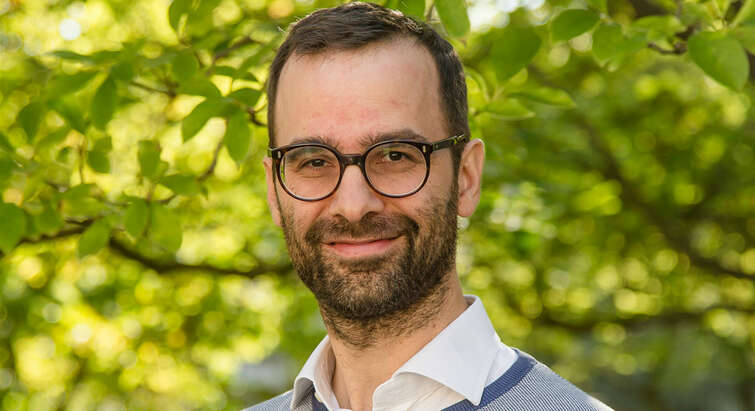
News about Physics
Viser 769 til 792 af 1494 dokumenter.

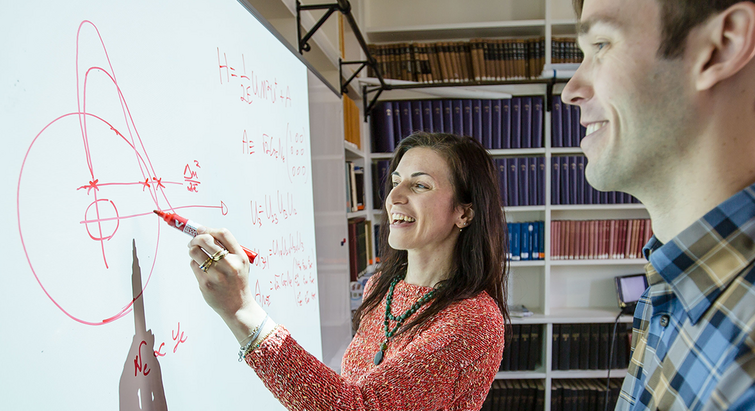
Irene Tamborra receives KIF Prize 2020
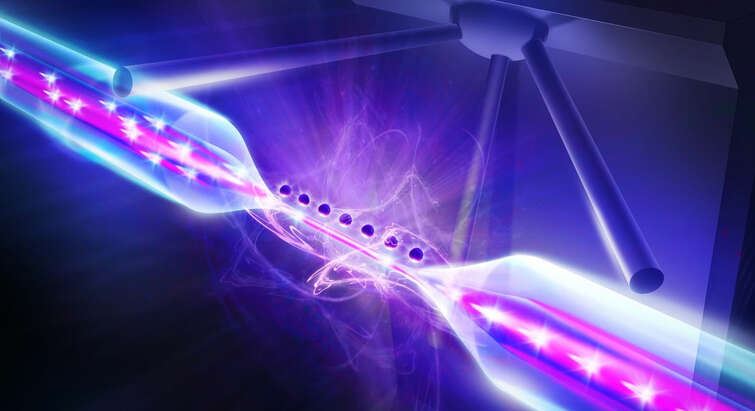
Photon turnstile brings order to light

Rodrigo A. Thomas

Anton Lauenborg Andersen

Bjørn Hübschmann Mølvig

Cecilie Toftdahl Olesen

Emil Gorm Nielsen

Massimiliano Rossi

Simon Pochinda
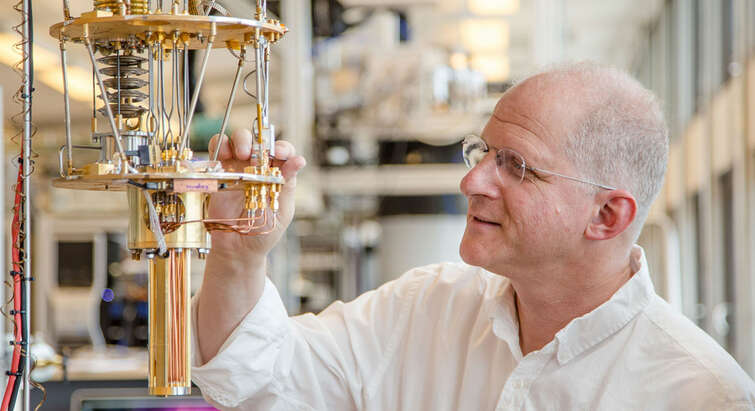
Charles Marcus honoured with the H.C. Ørsted Gold Medal
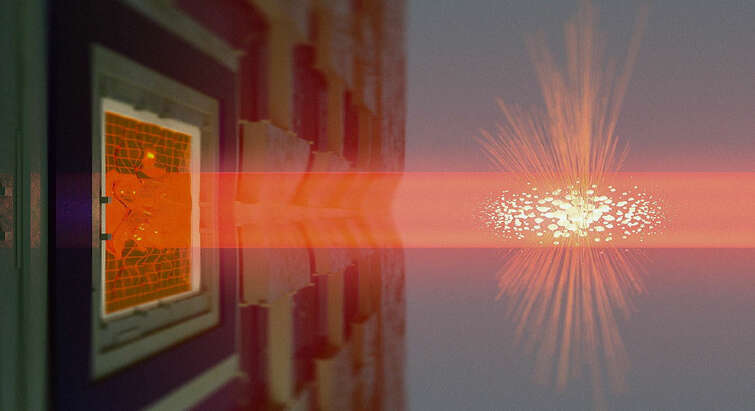
Quantum entanglement realized between distant large objects
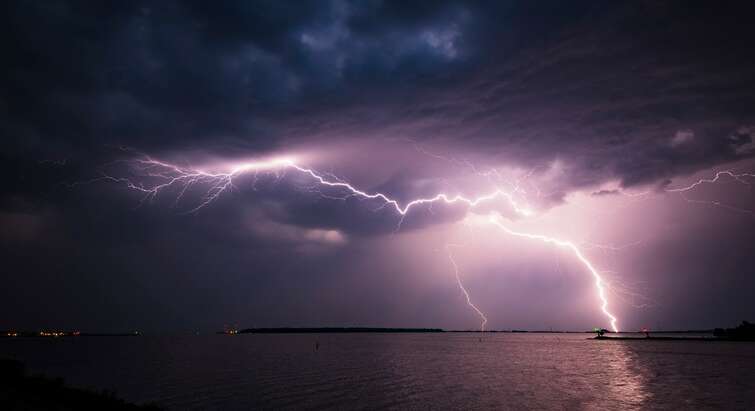
Study delivers new knowledge about what causes thunderstorms and cloud bursts

Tomorrow’s pharmaceuticals could be discovered by quantum simulators

Villum Experiment grants for two young researchers at the Niels Bohr Institute
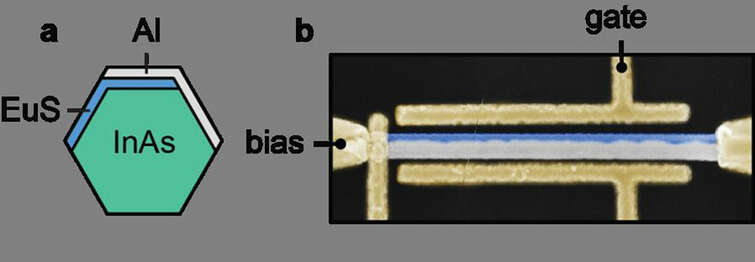
Microsoft and University of Copenhagen collaboration yields promising material for quantum computing
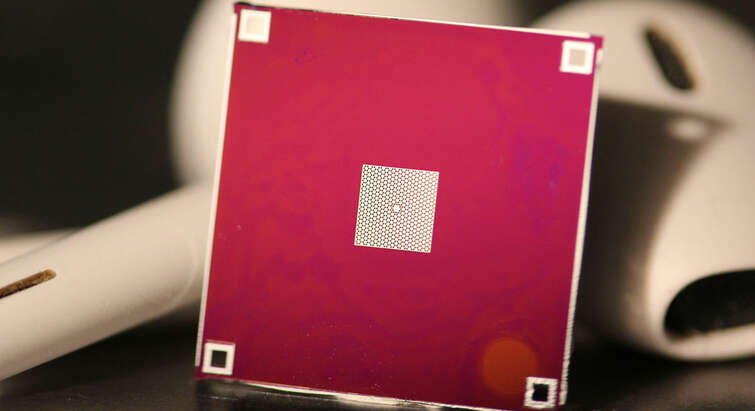
Extracting order from a quantum measurement finally shown experimentally
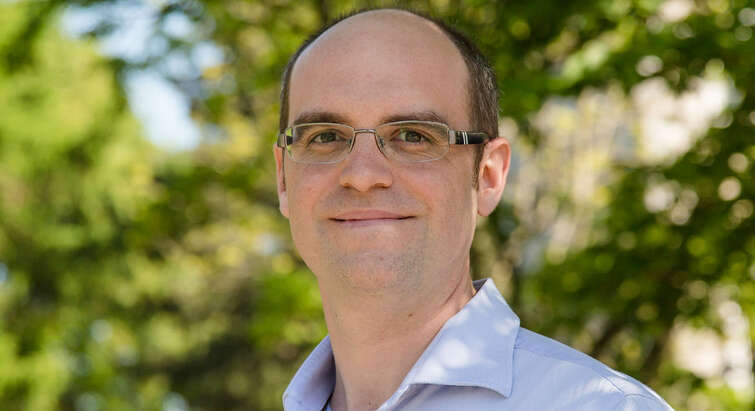
Young researcher talents get prestigeous career push

Falk Oraschewski
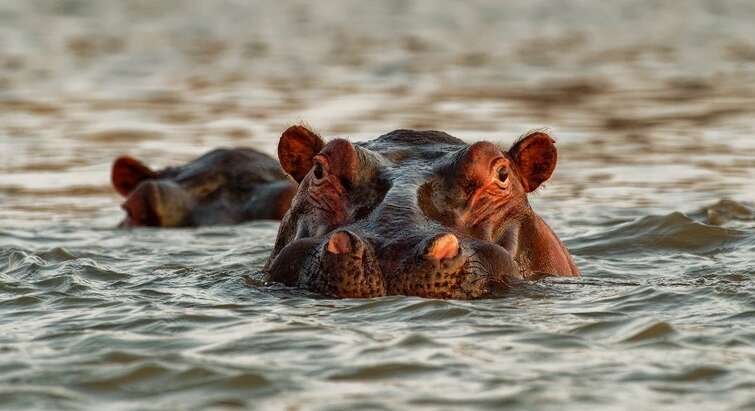
Knowledge about the past can preserve the biodiversity of tomorrow

Sissel Bay Nielsen
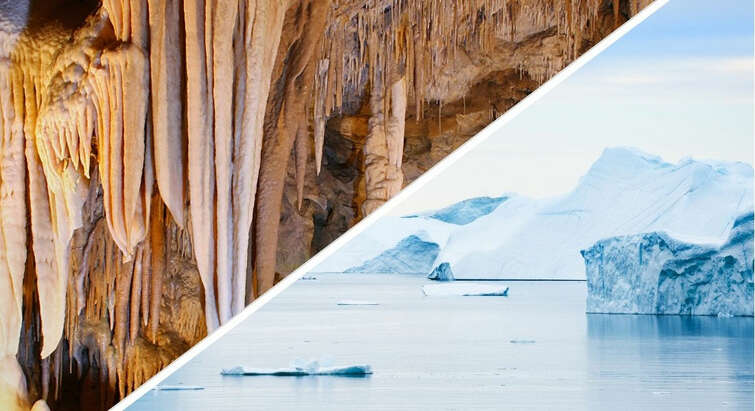
Proven: Historical climate changes occurred simultaneously in several parts of the world

Karoline Løve & Kristine Simone Nielsen

